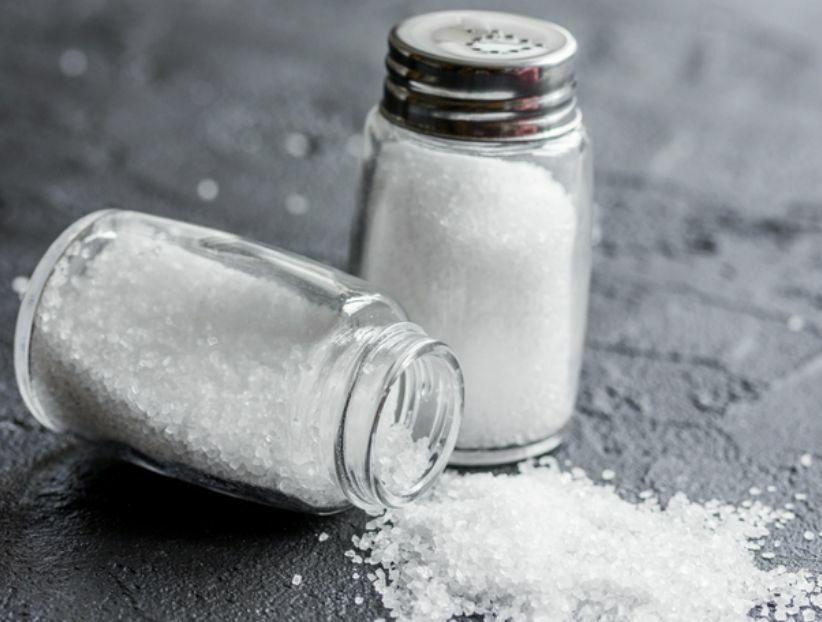Thai health officials warn of high sodium consumption risk among youth, offer food advice

The Thai Health Promotion Foundation (THPF) raised concerns about the high sodium consumption among Thais, especially young people who are at an increased risk of kidney disease.
Assistant Manager, Dr Pairoj Saonuam, recommends four healthful food choices to reduce the risk. It has been found that most vegetarian food is sweet, fatty, and high in salt.
The World Health Organization (WHO) suggests a suitable sodium intake of no more than 2,000 milligrammes, equivalent to no more than 5 grammes per day. However, data on the sodium consumption of Thais from 2019 to 2022 shows an intake nearly two times higher than the standard.
Alarmingly, young people between 17 and 24 years old consume up to 3,194 milligrams of sodium per day, leading to an increase in chronic non-communicable diseases (NCDs). Dr Pairoj says they are at risk of high blood pressure, kidney disease, heart disease, and vascular diseases.
“For a healthier lifestyle free from NCDs, choose appropriate foods based on nutritional principles. Focus more on vegetables than starches and fried foods. Consider cleanliness, wash your hands before and after preparing food, create a balance for the body, and have sufficient physical activity. This way, this year’s vegetarian festival can be both meritorious and healthy.”
Professor Dr Surasak Kantachuvesiri, chairman of the Network to Reduce Sodium Consumption, says that Thais have a habit of consuming salt from a young age. During the vegetarian festival, many people prefer frozen and ready-to-eat vegetarian food because it is easy to find.

A survey of 53 types of frozen food found an average sodium content of 890 milligrammes per package. Ready-to-eat foods, such as noodles, porridge, and ready-made soups, contain an average of 1,240 milligrammes of sodium. This impacts health, leading to six warning signs: swelling of the face, under the eyes, hands, and feet, a craving for water, bloating, rapid weight gain, fatigue, and high blood pressure.
Sodium is present in almost all food components. It comes from sodium chloride used in food as a food preservative, or from hidden sodium in seasonings or food ingredients, such as baking powder in bread. Therefore, people should consider reducing their sodium consumption for good kidney and body health, reported KhaoSod.
The Less Salt, Choose Wisely campaign recommends the ‘4 choose 4 avoid’ formula: 1. Choose to eat fresh and diverse vegetables. 2. Order less salt, do not add MSG. 3. Choose not to season further. 4. Choose frozen food with a health option nutrition label.
The four things to avoid are: 1. Avoid drinking soup. 2. Avoid processed and ready-to-eat foods. 3. Avoid pickled and fermented foods. 4. Avoid crispy snacks. You can test your salt addiction level and get advice on changing your salt habit at https://sodiumquiz.lowsaltthai.com.
Follow more of The Thaiger’s latest stories on our new Facebook page HERE.
Latest Thailand News
Follow The Thaiger on Google News:


























